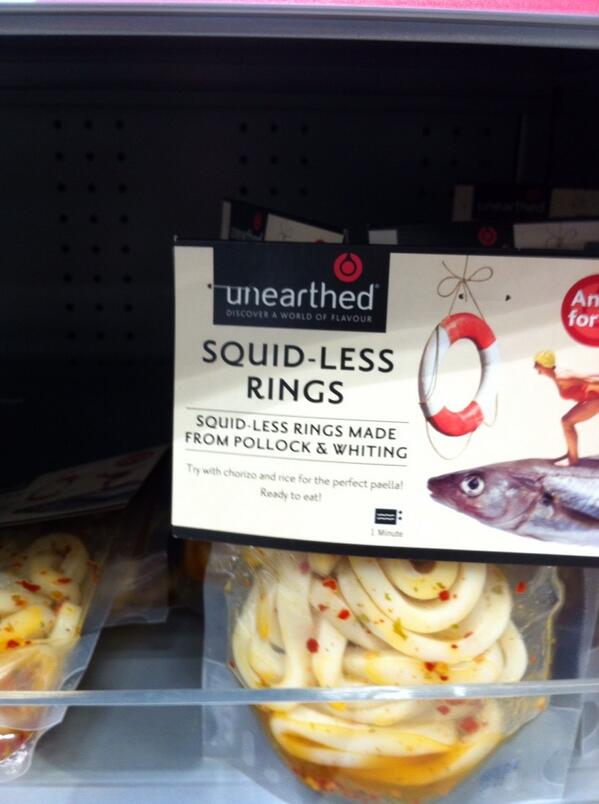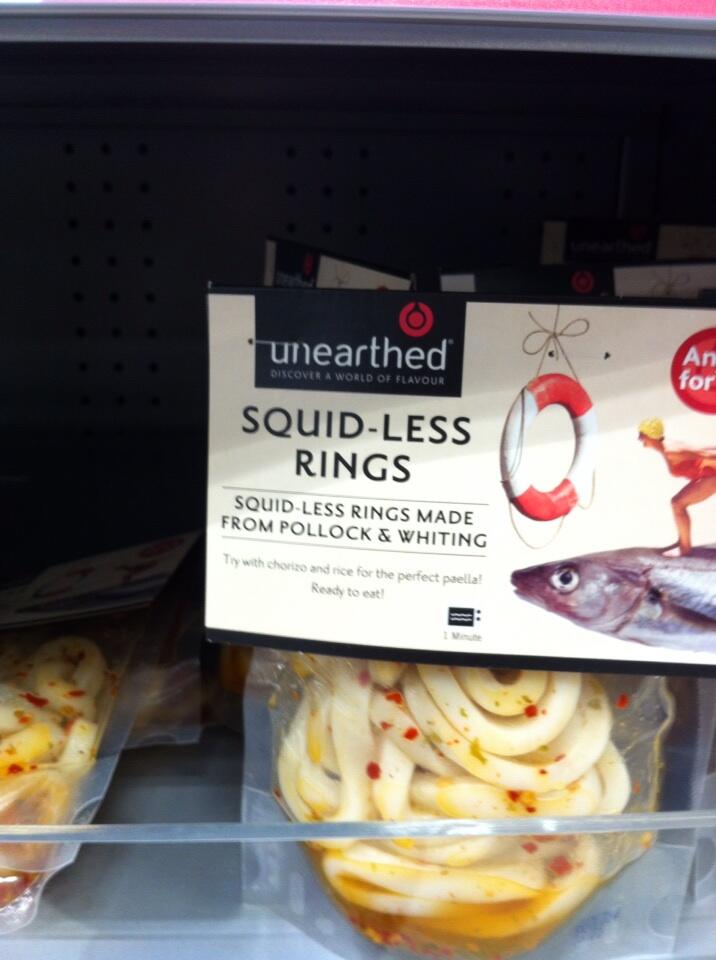Leaving Colin behind
In pursuit of the Porbeagle Shark
In an attempt to resolve the Colin issue, (see my blog of 14 January 2014) who better to approach than the most
European of my acquaintances, my former dining and drinking friend from the
Council of Europe, Denis MacShane? The following is our twitter exchange:
John
Austin @JohnEAustin Feb
8 @DenisMacShane Codswallop or pollocks? http://bit.ly/1dQUfg0 as a linguist can you enlighten me? http://bit.ly/1iAGrpG
Denis MacShane @DenisMacShane Feb
8 @JohnEAustin colin + merlu are hake. Merlan
(sometimes confused wth merlu) is whiting. Feeble fishes for children invalids.
Need tasty sauce
In a recent family conversation with Clive Miller, who knows France
well, Clive explained the confusion caused by different regional names and said
he had even seen Cod sold as Colin in the Vendée. This
problem of regional variations in fish names was confirmed by Sue Albery, in
our conversation on facebook:
Sue Albery Long
experience of eating and buying fish in France has demonstrated the enormous
range of regional names. I once bought veau de mer something akin to tuna and
swordfish. It was brilliant but have not seen it since.
Having never heard of Veau
de Mer myself, I searched the internet and discovered that it was one of
the names used to describe Porbeagle
Shark (Scientific name: Lamna nasus), which I thought I was familiar with as
I had eaten it in south eastern Spain where it had been labelled Cailón.
Apparently this is a very popular fish in Galicia in
northern Spain, where it is known as Marraxo. Leiths Fish Bible gives its Spanish name as Cailones, and the French name as Requin Taupe. Alan Davidson, in Mediterranean
Seafood, gives the French name simply as Taupe
and the Catalan Marraix. Wikipedia gives an alternative French name of Maraîche.
In the Tio
Pepe Guide to the Seafood of Spain & Portugal, (also by Alan Davidson)
the Catalan name is given as Marraix, the
Basque as Marratso mutormotz and the Portuguese as Marracho. All this seemed to
make perfect sense, until........
....... the week following my facebook conversation with Sue,
I was in Santa Pola, in southern Valencia, and on the fish counter in the Eroski
supermarket there was a plentiful supply of Marrajo
which, from its appearance and similarity in name to Marraxo, Marratso & Marracho, I assumed, wrongly I learned later, to be Porbeagle Shark. One of the many good things about fishmongers
in Spain is that fish is almost always labelled to indicate where, when and how it
was caught and with its scientific name.
But this Marrajo was not
labelled as Lamna Nasus but as Isurus
oxyrinchus, which the Tio Pepe Guide
confirms is Marrajo in Spanish but Shortfin Mako in English and not Porbeagle.
The
Tio Pepe Guide says that Mako is popular in Galicia and in southern
Spain, that it has good white flesh which is often passed off as Swordfish, but that its taste is
inferior to Porbeagle Shark. In Galicia it is called Marraxo azul and in the Basque country Marrazo muturluze and in Portugal simply
Marracho.
The French for Shortfin Mako is
given as Requin-taupe bleu.
Previously, I have also seen a similar looking fish in Spain
labelled Cazón.
This is another popular fish, particularly in Andalusia in south western
Spain and known in English as Tope or
School shark. This adds a further confusion
with the similarity of the English name Tope
and the French Taupe which I take to be Porbeagle. Other names for Tope in France appear to be Requin-hâ and Milandre.
All writers seem to be agreed that Porbeagle, Tope and Mako
are members of the same family, often referred to as Mackerel sharks. In The Fish
Course, Susan Hicks says that “of the
several kinds of shark available, the pinkish dense-textured flesh of the
porbeagle and tope is the best and far superior to the cheaper white-fleshed
shark meat”
Whether it was Porbeagle Shark or Shortfin Mako that I had eaten previously, it tasted good to me! I used
a simple recipe that I found on the internet : – season the steaks with salt
and pepper, pan-fry in butter for about 5 minutes each side and serve with
lemon and parsley. Several other writers advise simply grilling and serving
with a squeeze of fresh lemon or lime, but I have now been tempted to try more
adventurous suggestions –
serving it
with traditional Spanish Alioli or Skordalia (a Greek garlic and almond
mayonnaise which is suggested in Leiths
Fish Bible); Sam & Sam Clark also have a recipe for Almond Alioli in their Moro East;
grilled with a
spicy marinade of olive oil, lemon juice, onions, garlic, ginger & chilli
as recommended by Susan Hicks in The Fish
Course (from a BBC series in the 80s);
poached and
added cold to a mixed seafood salad as in Rick Stein’s A Taste of the Sea. Rick Stein also recommends Porbeagle for his Goan Fish Curry.
But before getting too
enthusiastic there is a drawback. Many
species of shark are now regarded by some as an endangered species due to
over-fishing!
A few years back, I recall enjoying “shark and bake” on the beach in Trinidad – a barbecued shark steak
served in a large bread roll - a very popular dish with both locals and
tourists, but I read in The Independent last
week that the Papa Bois Conservation
Group, in Trinidad & Tobago,
has launched a “save the shark” campaign to stop people eating shark sandwiches
in an attempt to protect a dwindling shark population.
So it may be advisable to check out the source and means of
catching before you buy! Currently in the EU there are severe
restrictions on allowable catches of Porbeagle
and Tope but not yet on Mako. All three species are regarded as
vulnerable, however, by the IUCN (International Union for Conservation of Nature and
Natural Resources). The EU claims that current restrictions in place
have resulted in some recovery of fish stock population of Porbeagle. Let's hope that successful management of fish stocks can enable us to continue to enjoy this fine fish!
John Austin
March 2014
A footnote:
Another load of old pollock!
Recently, I was astonished to see "Squid-less Rings" in the new Waitrose at Greenwich Creekside. Apparently they are made from pollock and whiting! WTF
John Austin
4 May 2014


This comment has been removed by the author.
ReplyDelete